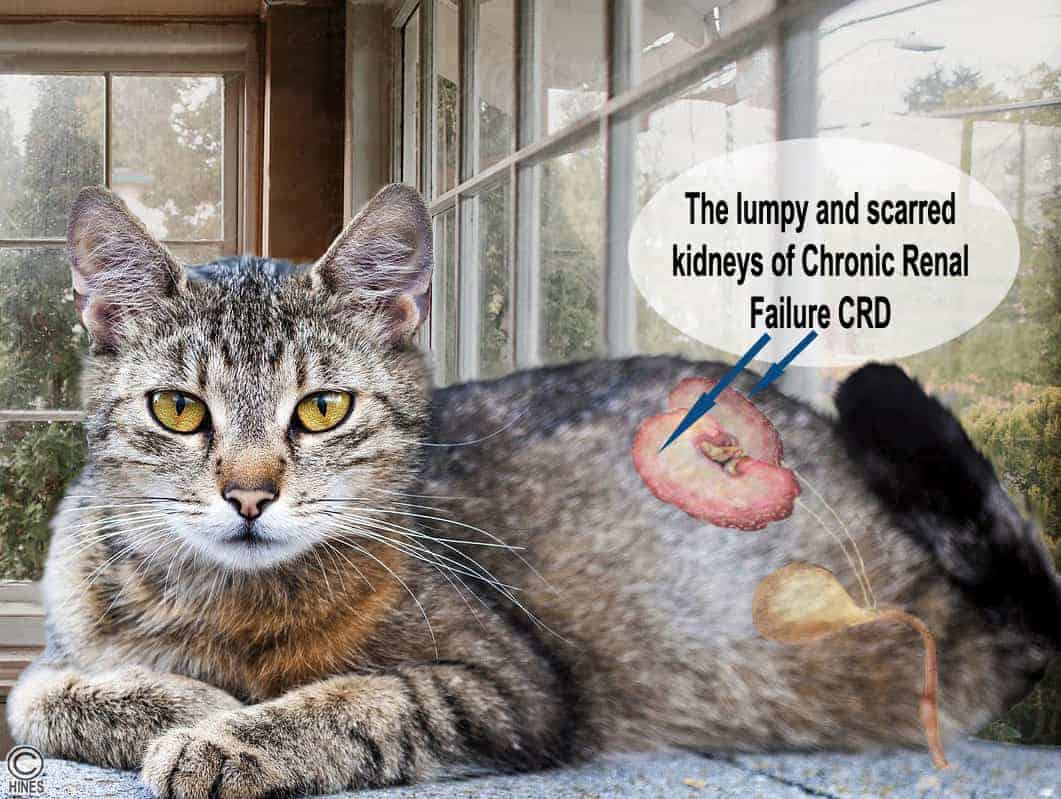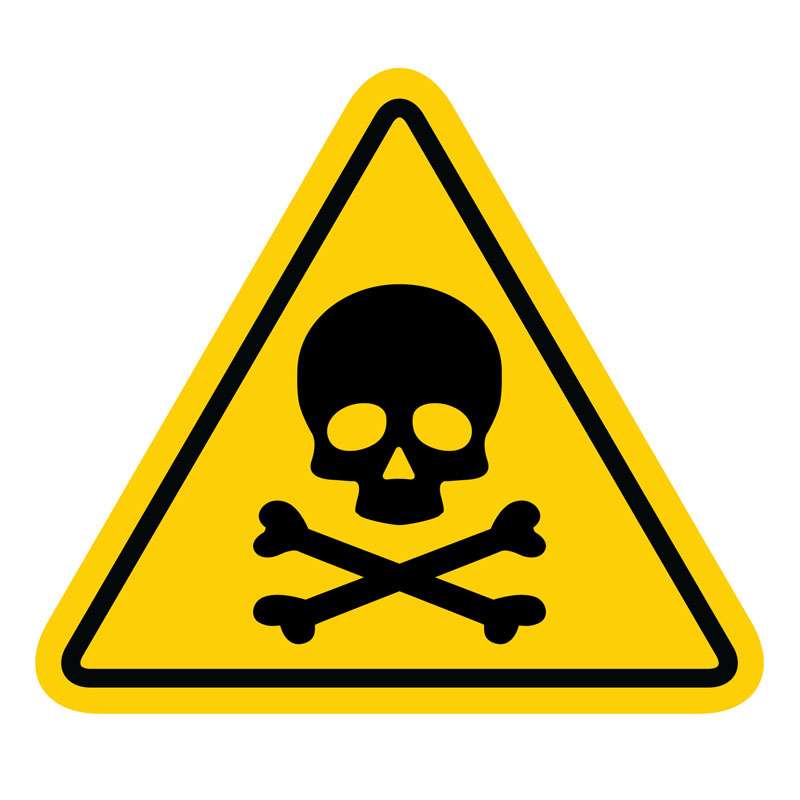Key Takeaways:
- Antifreeze poisoning is a serious and potentially fatal condition in dogs.
- Ethylene glycol, the main ingredient in antifreeze, is highly toxic to dogs and can cause severe damage to their kidneys.
- Early recognition of symptoms such as vomiting, excessive thirst, and difficulty walking is crucial for prompt treatment.
- Immediate veterinary care is necessary if you suspect antifreeze poisoning in your dog.
- Preventing access to antifreeze and using pet-safe alternatives are essential to avoid accidental ingestion by dogs.
Are you a dog lover? Do you want to ensure the safety and well-being of your furry friend? Then understanding the topic of antifreeze poisoning in dogs is essential. Imagine being able to protect your beloved pet from a silent danger that lurks in garages and driveways.
By delving into this subject, you will gain valuable knowledge that can potentially save your dog's life. Did you know that over 10,000 dogs fall victim to antifreeze poisoning each year?
What is antifreeze, and why is it dangerous for dogs?
Antifreeze is a liquid that is used in vehicles to prevent the engine from freezing in cold temperatures. It contains a chemical called ethylene glycol, which can be very harmful to dogs if ingested. Ethylene glycol has a sweet taste that can attract dogs, but even a small amount can be extremely toxic.
When a dog ingests antifreeze, the ethylene glycol is quickly absorbed into their bloodstream. It then travels to their liver and kidneys, where it can cause severe damage. The kidneys are particularly affected, as they try to filter out the toxic substance. If left untreated, antifreeze poisoning can lead to kidney failure and even death.
Why is ethylene glycol dangerous for dogs?
Ethylene glycol is dangerous for dogs because it breaks down into toxic byproducts in their bodies. These byproducts can cause damage to the kidneys and other organs. Even a small amount of antifreeze can be fatal for a dog, so it's important to keep them away from any potential sources of exposure.
List of reasons why antifreeze is dangerous for dogs:
- Ethylene glycol in antifreeze is highly toxic to dogs.
- Dogs are attracted to the sweet taste of antifreeze.
- Ingesting even a small amount of antifreeze can lead to severe kidney damage.
- Antifreeze poisoning can be fatal if not treated promptly.
It's crucial for dog owners to be aware of the dangers of antifreeze and take precautions to prevent their pets from accessing it.
How dogs accidentally consume antifreeze?
Spills and leaks
Antifreeze is commonly used in vehicles to prevent the engine from freezing. Unfortunately, spills and leaks can occur, leaving puddles of antifreeze on the ground. Dogs are naturally curious creatures and may be attracted to the sweet smell and taste of antifreeze. They may lap it up or even lick it off their paws if they walk through a spill.
Improper storage
Another way dogs can accidentally consume antifreeze is through improper storage. Some people may leave containers of antifreeze within reach of their pets, not realizing the danger it poses. Dogs have been known to chew through containers or knock them over, leading to ingestion.
Tips for prevention:
- Clean up any spills or leaks immediately.
- Store antifreeze in a secure location out of your dog's reach.
- Consider using pet-friendly alternatives to traditional antifreeze.
Common signs and symptoms of antifreeze poisoning in dogs
Antifreeze poisoning in dogs can be extremely dangerous and potentially fatal if not treated promptly. It's important for dog owners to recognize the common signs and symptoms, which include:
- Excessive thirst: Dogs may drink more water than usual due to the toxic effects of antifreeze on their kidneys.
- Increased urination: Antifreeze can cause increased urine production as the body tries to eliminate the toxin.
- Lack of coordination: Dogs affected by antifreeze poisoning may stumble or have difficulty walking properly.
- Vomiting: Nausea and vomiting are common symptoms as the body tries to expel the toxic substance.
- Seizures: In severe cases, seizures may occur as a result of antifreeze poisoning.
If you notice any of these symptoms in your dog, it's crucial to seek immediate veterinary care.
Is there a specific treatment for antifreeze poisoning in dogs?
Inducing vomiting
If your dog has recently ingested antifreeze and you catch it early enough, your veterinarian may induce vomiting to remove as much of the toxin from their system as possible. This is typically done within the first few hours after ingestion.
Administering activated charcoal
Activated charcoal can be given to dogs to help absorb any remaining antifreeze in their stomach and intestines. It acts as a detoxifying agent and can help prevent further absorption of the toxic substance into the bloodstream.
Note:
These treatments should only be performed by a veterinarian or under their guidance. Do not attempt to induce vomiting or administer activated charcoal without professional advice.
Preventing your dog from being exposed to antifreeze
Secure storage
To prevent accidental ingestion of antifreeze, it's important to store it securely in a location that is inaccessible to your dog. Consider using childproof locks or placing it on high shelves where pets cannot reach.
Clean up spills immediately
If you accidentally spill antifreeze, clean it up immediately using absorbent materials like cat litter or sand. Thoroughly rinse the area with water afterward to ensure no residue remains.
- Keep your dog leashed when walking near areas where spills may occur, such as parking lots or garages.
- Educate yourself about pet-friendly alternatives to traditional antifreeze that are less toxic if ingested.
The importance of immediate veterinary care if your dog ingests antifreeze
If you suspect or know that your dog has ingested antifreeze, time is of the essence. Antifreeze contains ethylene glycol, a highly toxic substance that can cause severe damage to the kidneys and other organs. Delaying veterinary care can be life-threatening for your dog.
Quick action saves lives
By seeking immediate veterinary care, your dog can receive prompt treatment to minimize the effects of antifreeze poisoning. The veterinarian may administer specific antidotes or treatments tailored to your dog's condition.
Remember, never hesitate to contact your veterinarian if you suspect antifreeze ingestion. Acting swiftly can make all the difference in saving your beloved pet's life.
In conclusion, antifreeze poisoning is a serious danger for dogs. It is important for dog owners to keep antifreeze stored safely and to seek immediate veterinary help if their dog shows any signs of poisoning, as early treatment can save their pet's life.
Can a dog live through antifreeze poisoning?
If dogs consume antifreeze, they need to receive treatment within 8-12 hours because the antidote has a limited window of effectiveness. If left untreated, the dog could potentially die.
Can I give my dog vodka for antifreeze poisoning?
Like antifreeze, brake fluid contains a toxic substance called ethylene glycol that can be harmful to pets. While alcohol typically makes pets sick, strong spirits like vodka can act as an antidote to the poison, preventing the toxic chemical from spreading in the body.
Do dogs always show signs of antifreeze poisoning?
When dogs consume antifreeze, they will experience a significant amount of vomiting. They may also have diarrhea, although this is not always the case. Vomiting and diarrhea can cause dehydration, which can be deadly if not treated promptly.
What are signs of poisoning in dogs?
If you observe any of the following signs in your dog, such as excessive drooling, lack of energy, trembling or abnormal movements, upset stomach, unusual swelling, pale gums, or changes in behavior, it is important to contact your veterinarian right away. This is particularly crucial if you suspect that your dog has consumed something poisonous.
How long will a dog live after antifreeze?
Dogs that have ingested a small amount of antifreeze may survive initially, but they will experience kidney failure within a few days. Kidney damage from antifreeze poisoning is often fatal for many dogs.
How does a poisoned dog act?
Swallowed poisons can lead to symptoms such as vomiting, diarrhea, restlessness, and heart problems. Dogs may experience difficulty breathing or loss of consciousness if they inhale toxins. If a dog's skin comes into contact with a toxic substance, common symptoms include irritation and pain.

















